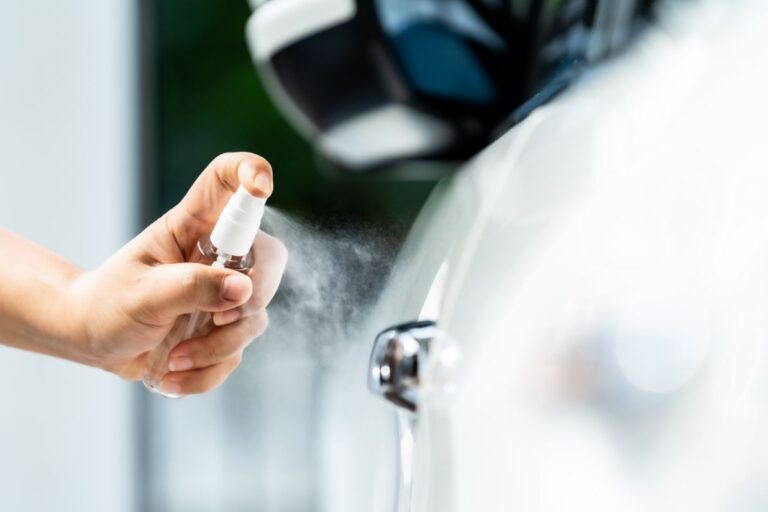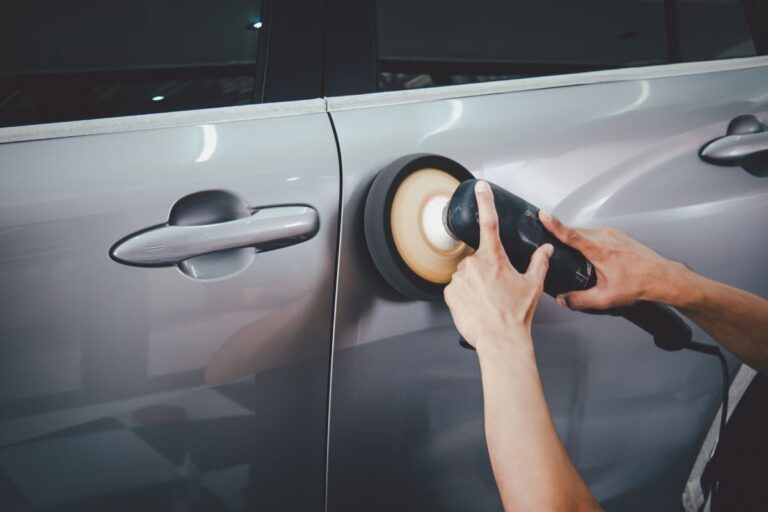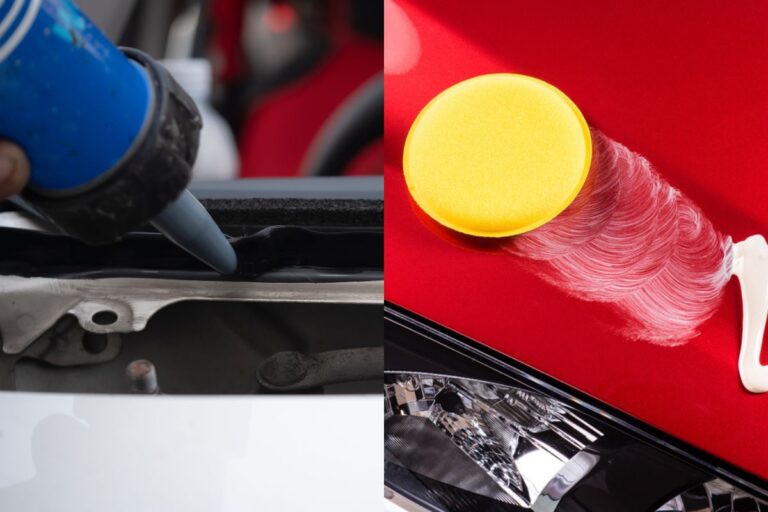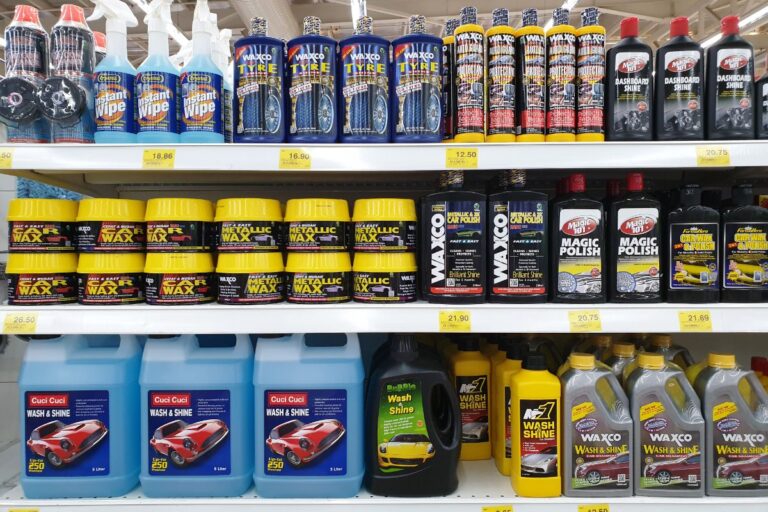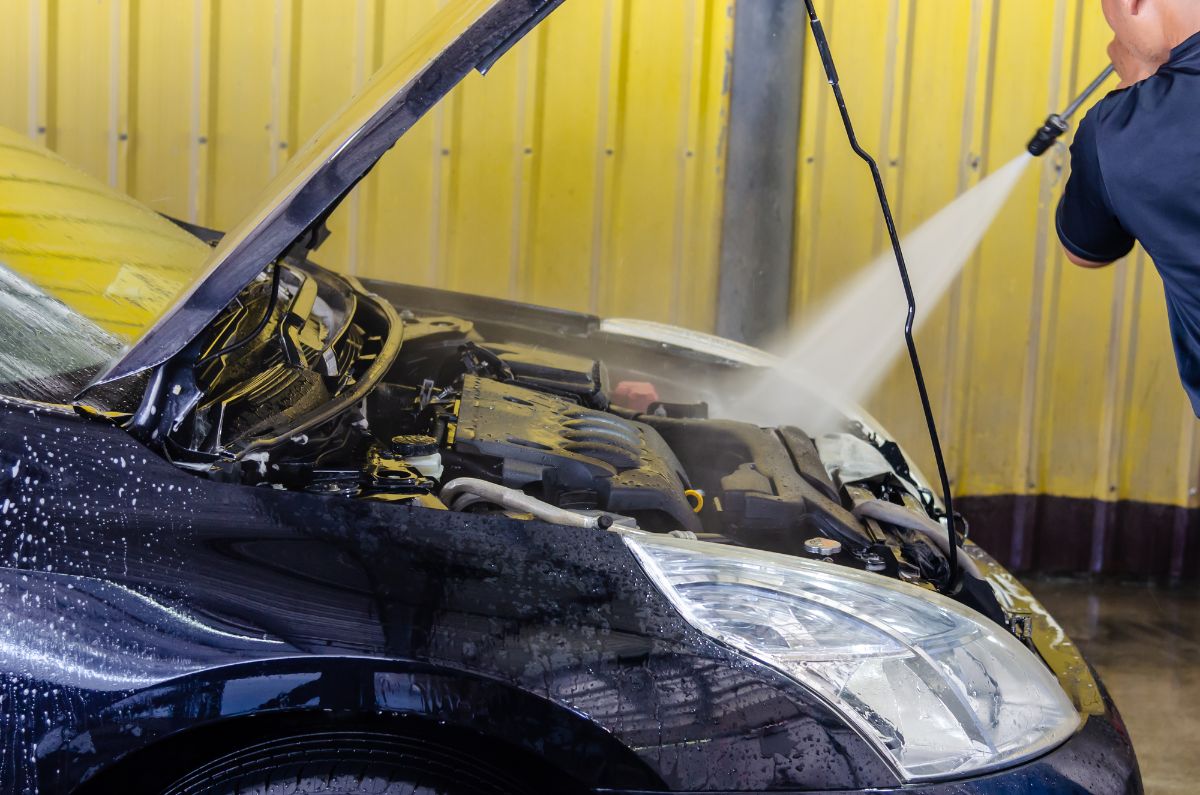
We can wash our car engines. However, it is vital to do so in a careful manner and only about twice annually. That’s because even a slight error could lead to a wide range of issues.
However, when it comes to cleaning our car’s engine, there is no established schedule. Depending on where we reside, the frequency with which we should clean our car’s engine can vary widely.
Now I’ve heard that warning so much to the point that I decided never to do it myself. After all, paying megabucks unnecessarily for a new engine or repairs is not in the budget. I would recommend that you leave the engine washing to the professionals.
According to the experts at Mcnally Institute, you should generally clean your car’s engine at least two times each year if you reside in a metropolis or other urban location with little to no debris on the roadways.
Every three months, you should clean the engine bay if you live in a dry environment where a lot of dust might gather. If you live in a location where there is a lot of rain or snow, you may want to clean the engine compartment every two months.
If, for instance, you opt to wash the engine yourself, sensors, wiring, and other delicate engine components may get exposed to water. In that case, water damage might lead to expensive engine component repairs or replacements.
Can I Clean the Engine Bay on My Own?
If you know how to correctly clean your vehicle’s engine bay, it can be a gratifying and enjoyable experience. As a last resort, it is best to hire an auto body repair shop that specializes in engine cleaning.
Mechanics who specialize in auto body repair would gladly assist you in cleaning your engine and offering you advice for future engine repairs.
They may also provide you with auto engine advice so that you can keep it running at its best. Autobody repair experts can also assist you in setting up a regular maintenance regimen for your vehicle.
Get your car’s engine cleaned regularly. That way, you’ll be able to identify and fix any engine issues that may arise.
What Factors Influence How Often I Should Clean My Car’s Engine?

Experts recommend steam cleaning your car’s engine 1-2 times a year if you reside in an urban region or an area with little dust and minimal snowfall.
In between our annual professional steam cleaning procedures, simply wiping down our engine throughout the periodic detailing would suffice because grime accumulation is negligible.
Compared to other places, arid regions have a higher concentration of dust. With every trip you take, your car’s engine is bombarded with dust. Damage and failure to the engine could occur if it is allowed to build up.
Your car’s engine needs to be cleaned every three months in this instance, so do it now. Regions that have severe seasonal conditions are more likely to see heavy snowfall and rain.
The vehicle is more likely to encounter road salt, ice, and snow in these areas. If you don’t take care of these contaminants, they can quickly find their way into your engine compartment and do serious harm.
You should consider giving the engine a steam cleaning every 2-3 months in these situations.
How Much of a Difference Does it Make to My Car’s Performance if I Have a Clean Engine?
The biggest advantage of cleaning your engine’s engine compartment is that it will make your engine seem better. As a result, cleaning the vehicle’s engine won’t always increase performance. However, it can help you avoid costly and time-consuming engine repairs if they do occur.
Whenever you clean the car’s engine, you may be able to detect and isolate a small engine oil leak. You can also utilize the engine bay cleaning process for inspection and cleaning of various plastic parts as well as rubber hoses.
Checking the oil and accessory belts while cleaning your engine bay is a great opportunity.
What Are Some Great Tips for Cleaning My Car’s Engine?
In the end, there are several ways to maximize the value of engine bay cleaning, including items like:
1. Inspect the Engine Coolant Level
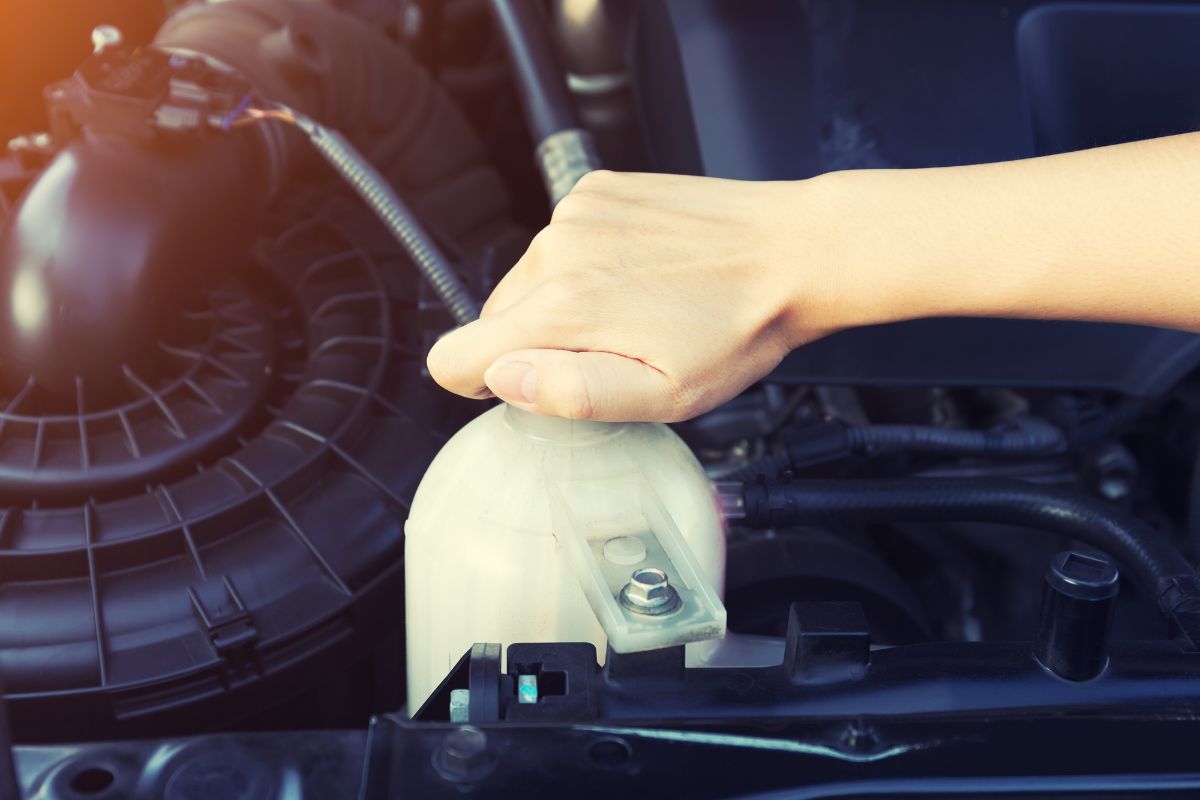
Engine coolant helps prevent overheating in your vehicle. Engine coolant, on the other hand, might become polluted due to a broken cylinder head or a damaged head gasket. The coolant in your engine is probably polluted if it looks like muck.
Additionally, you can perform a coolant replacement at the same time as an engine cleaning. You can also check the level of your coolant and refill it if necessary.
2. Get Your Oil Checked or Changed

Car engine components wear out more quickly and consume more gasoline if the oil is dirty. Your engine oil may be unclean if it looks to be visibly thick.
Arrange an oil change if you notice unclean oil during an engine cleaning. Between 7,500 and 10,000 miles (and older vehicles may need an oil change every 3,000 to 5,000 miles,) is the recommended interval for an oil change.
You should, however, fix any issues with unclean oil in your car’s engine as soon as you notice them.
3. Get an Engine Tune-Up
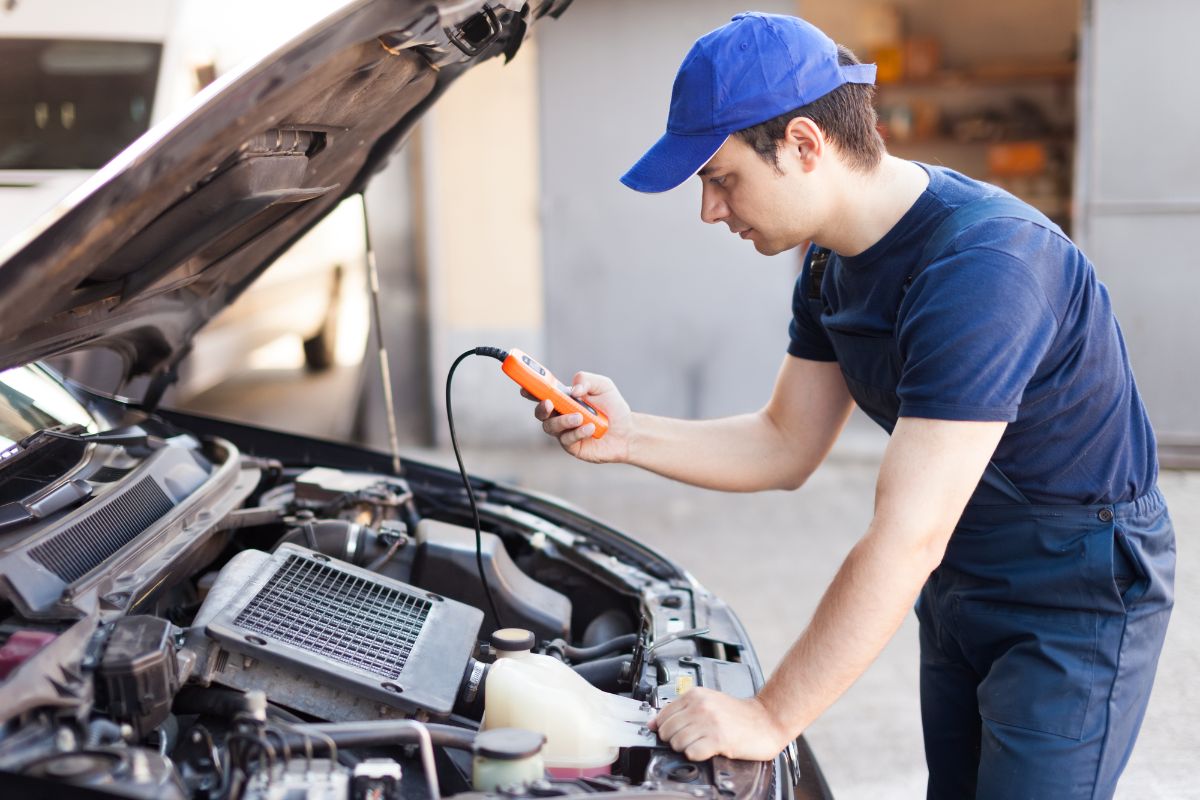
It’s not the only way to improve your car, but it’s a start. With a comprehensive engine tune-up as well as engine cleaning, you can verify that all of your car’s engine parts are clean and functioning properly.
What Are Some Things to Take into Account during an Engine Tune-up?
- Spark Plugs: To get your automobile moving, the combustion process needs to be started by the ignition provided by your car’s spark plugs.
- Belts and hoses: The cooling, charging, and air conditioning systems in your car are all controlled by the engine’s hoses and belts.
- Air Filters: There are many different types of air filters on the market, and they all have different purposes.
Between 10,000 and 12,000 miles or annually, whichever happens first, you should schedule a car engine tune-up. Engine problems are less likely to occur when we get a tune-up completed.
Tips for Getting the Most Out of Your Engine
You don’t always require a mechanic to assess the health of your vehicle’s engine. You can do a self-assessment and fix the problem on your own.
Inspect the build-up valve for excessive oil buildup in the engine. You could experience a build-up of pressure in the crankcase causing oil leaks surrounding the engine if the valve is clogged. If this occurs, have the PCV valve replaced and contact a reputable auto spa for assistance.
Steam cleaning your engine is an excellent idea when you’re replacing parts like valve covers or head gaskets that could leak fluid.
This not only removes any accumulated muck but can also aid in the detection of other potential issues by making other leaks more visible.
Your engine will run better if you clean it regularly and thoroughly. It would also help the car last longer, which saves you a lot of money in the long term.
As crucial as washing your car’s exterior and underbelly is, cleaning the engine regularly is just as critical. Your car will operate better and look better with regular engine cleanings, which can be done once or twice a year.


